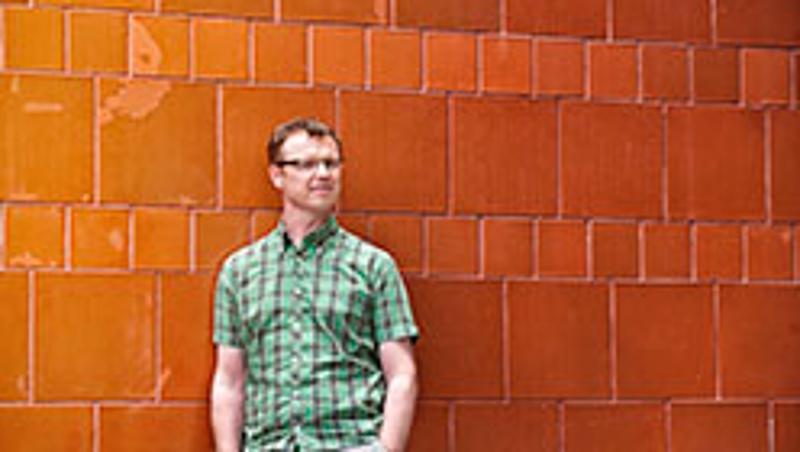
Australian scientists spent the equivalent of 550 years in 2012 trying to obtain enough funds to enable them to do their research. Only one in five were successful. Now, a group of leading academics has called for a solution that enables scientists to get back to what they do best - being scientists.
The group, led by QUT School of Public Health and IHBI Associate Professor Adrian Barnett, write in the latest edition of science policy current affairs journal AQ: Australian Quarterly that the nation's funding systems must change to cope with a steep increase in applications.
The group write that the NHMRC Project Grants and ARC Discovery Grants are "two of the major sources of funding for new ideas in Australian science", upon which "many scientists rely ... for their job or the jobs of their staff". But, they argue the system might not be producing the best outcomes science could offer society.
"The rising number of applications has meant that winning funding is harder than ever," the group writes.
"Writing a good grant has become less about the science and more about the game of grantmanship. Scientists will often write what they think reviewers want to hear, rather than what they actually plan to do. Conservative plans that promise safe but small returns are more likely to be funded than risky research."
Recent changes to the NHMRC system would help solve the dilemma, they write, however "further cuts to the application process may be needed to give a streamlined process that still provides the essentials needed for peer review".
And the process of peer review - where academics in the same field assess research applications - was "far from perfect".
"Multiple experiments have highlighted flaws in scientific peer review for journals," they write.
"... There is a lack of good data on what funding systems work best (or least worst). A huge issue for funding peer review is the fanciful idea that proposals can be given scores that place them in a line from best to worst. Is it really possible to say that a proposal on reducing waiting times in emergency departments is better than a proposal to allow physiotherapists to prescribe medications?... How do we choose which one deserves funding?"
The group suggests putting proposals into categories, instead, from "definitely fund" to "definitely do not fund". They argue that the most amount of effort would then be diverted into evaluating the projects that lay in the middle ground; or that a lottery system be used to allocate funding to this middle group after the bulk of funds have been given to the "definitely fund" group.
"Randomly handing out research money has some scientific merit," they write.
"Random and simple systems do well because scientists spend no time writing proposals and more time doing actual science."
The article can be read in the print and downloadable tablet version of AQ. Print: www.isubscribe.com.au/ Digital: www.ilovemagazines.com.au/australian-quarterly.html. For more information: www.aips.net.au/aq-magazine
Media contact:
Amanda Horswill, QUT Media, 07 3138 1150 a.horswill@qut.edu.au (Mon-Thurs)
After hours, Rose Trapnell, QUT Media Team Leader: 0407 585 901
About AQ: AQ: Australian Quarterly is Australia's longest-running current affairs magazine and the only one with a dedicated focus on Science Policy. In 2014, AQ celebrates 85 years of packing its pages with the country's most distinguished and passionate thinkers, tackling the big issues in science, politics and society. Contact the Editor: grant.mills@sa.gov.au




